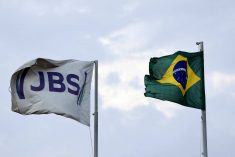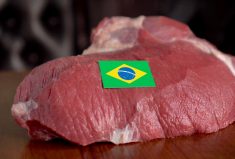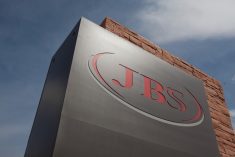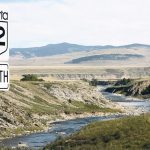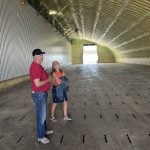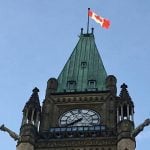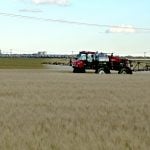Brasilia | Reuters — Brazil’s environmental protection agency IBAMA has imposed 365 million reais (C$88.9 million) in fines on cattle ranches and meat packers, including the world’s largest JBS SA, for raising or buying cattle on illegally deforested land in the Amazon.
IBAMA said on it had identified 69 properties that had sold 18,000 head of cattle raised on deforested land, and 23 meat packing companies that bought the cattle in the states of Para and Amazonas.
The enforcement operation was aimed at curbing deforestation in the Amazon by monitoring the chain that produces or sells cattle from illegally deforested areas, IBAMA said.
Read Also

U.S. livestock: Feeder cattle hit contract highs on tight supply
Chicago | Reuters – All Chicago Mercantile Exchange feeder cattle futures and most live cattle futures hit contract highs on…
JBS denied buying cattle from the properties named by IBAMA.
“None of the JBS purchases indicated by IBAMA were made from embargoed areas,” the company said.
JBS added in a statement that its geospatial monitoring system ensures the company does not acquire animals from farms involved in illegal deforestation, the invasion of indigenous lands or environmental conservation areas.
Extensive cattle ranching along with clearing land to sell timber or grow soy are driving deforestation in the Amazon rainforest.
A number of meat packers signed commitments with prosecutors in 2013, agreeing not to buy cattle from ranches that were cleared illegally or have been blacklisted for environmental crimes.
JBS and more than a dozen other major agriculture firms have also pledged to eliminate deforestation from their supply chains by 2025, including destruction linked to indirect suppliers that sell to middlemen who then sell to meat packers.
— Reporting by Anthony Boadle



